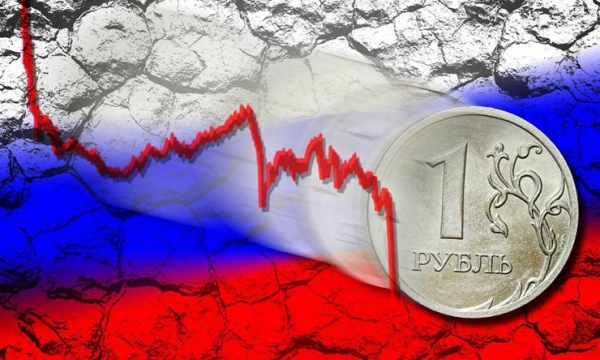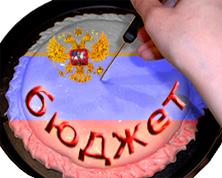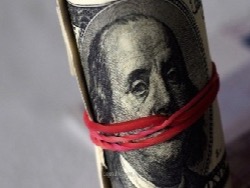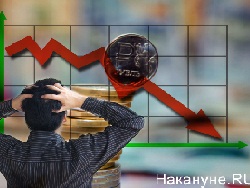The outgoing summer threatens to take away and has already become a familiar calm in the foreign exchange market. Calm and established in the summer the ruble, according to analysts, is ready to gear up again, heading to the new “fair” value.
 Photo: Global Look
Photo: Global Look
It will happen, according to analysts Sberbank CIB, at the beginning of September. Moreover, the “fair” rate, in their opinion, lies significantly below current levels and is 72 RUB per $1 with the current values of oil prices.
Another sad news is that the former correlation between ruble and oil prices is gradually disappearing. That is, the increase in world oil prices does not guarantee the strengthening of the Russian currency on the same principle as their reduction does not lead to cheaper petrol on Russian gas stations.
2 August the price of a barrel of Brent crude rose by more than 17% from $41.5 per to almost $50 a barrel, according to a survey by Sberbank CIB, however, during this period the ruble has risen by only 4.9 per cent. According to the authors of the document, this means that the correlation rate of the ruble to the price of oil fell below 50%, reaching the lowest level since may 2014.
The main conclusion of the experts of Sberbank CIB is that the current exchange rate is overvalued due to the lower correlation of the ruble to the price of oil, which means that in September, the ruble may drop to “fair” value, which is equal to 72 RUB per $1.
According to them, even when oil prices exceeded $50 per barrel is hardly possible to count on strengthening of the national currency to more than 63 rubles per $1.
With regard to the strengthening of the ruble in mid-summer, the main reason was the increased supply of currency by exporters, as well as dividend payments and tax payments. However, this does not indicate that the Russian currency is undervalued. If you focus on the size of the expected year-end budget deficit of 3,5% of GDP, this suggests that the ruble is overvalued given current oil prices, noted in his review, the experts of Sberbank CIB.
The budget deficit is, perhaps, one of the main arguments in favor of that overly strong ruble today is not among the main goals of the government and the Central Bank.
It is not surprising that the strengthening of the Russian currency to the level of 62 rubles per $1 from “the top” began to be heard disapproving shouts.
This is because the weakening of the dollar for just one ruble washes away from the budget 150 billion rubles of export revenues. Therefore, the leadership of the country benefit if the ruble is not weak, at least not growing. Therefore, any “excessive” appreciation of the ruble will inevitably lead to retaliatory actions of the Central Bank in the form of either a verbal or a full-fledged foreign exchange intervention.
For example, in the spring of last year, when the ruble strengthened from 70 RUB per $1 up to 49 rubles, the Central Bank entered the market by buying $100 – 200 million daily. There is no doubt that, if necessary, the same tactic will be applied now, if the exchange rate is deemed too high.
Another important point is the fact that oil prices in a short time with a high probability will decline. As noted above, the natural direct correlation of oil prices and the ruble exchange rate no longer exists. In this situation it can be expected that the decline in oil prices will cause a forced weakening of the ruble.
In case of a fall of oil commodity exporters and the budget is advantageous and the corresponding fall of the ruble, as the reduction of the total number coming into the country dollars can be compensated only by the weakening of the national currency. The only way the total amount of the proceeds can cover the decrease in volumes imported into the country export revenue.
And this, in turn, becomes another compelling reason to wait for the new lower rate, moreover, initiated “from above”.
Jury LEVYKIN








